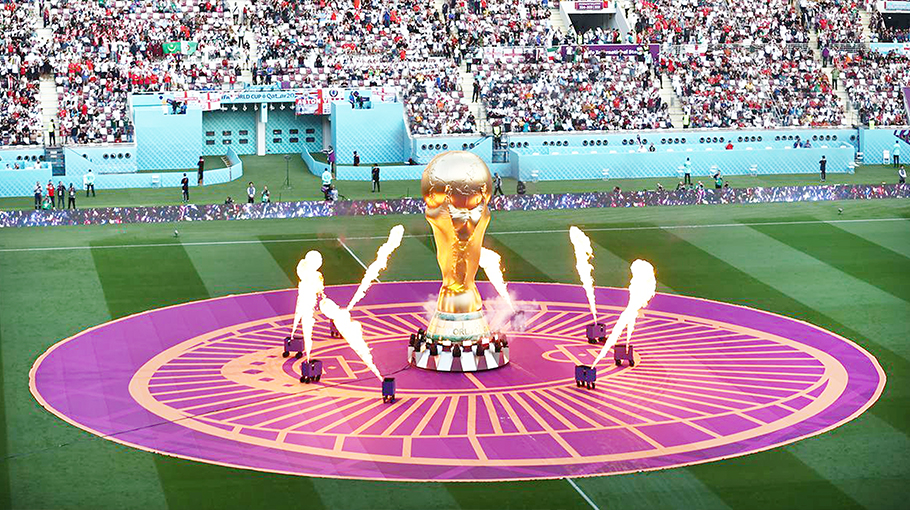FIFA readies 48-team World Cup as eyes turn to 2026

Forty-eight teams, three host countries, and potentially more than 100 games.
After successfully staging the most compact World Cup in history, FIFA is now preparing to organise the biggest.
The dust had barely settled on Sunday's World Cup final before attention turned to the gargantuan figure of 2026 looming on the horizon.
For the first time, football's greatest tournament will be held across three host nations -- the United States, Canada and Mexico.
The tournament will notably see an expansion to 48 teams, up from the current 32-team format that has been in place since 1998, and double the number of teams that took part in the last World Cup held on US or Mexican soil.
The enlarged competition represents a triumph for FIFA president Gianni Infantino, who made expanding the World Cup a priority after taking over as world football's supremo in 2016.
The 16-team increase marks the biggest expansion in the World Cup's evolution.
From 13 teams at the inaugural tournament in 1930, the finals remained a 16-team event from 1934 to 1978, before increasing to 24 in 1982.
The biggest beneficiaries of the expansion to 48 teams will be Africa and Asia.
Under the new format, Africa will receive nine qualifying slots for the finals (compared to five previously) while Asia will nearly double to eight (from 4.5 slots).
Oceania, traditionally forced to compete for a World Cup place via a playoff, will receive an automatic qualifying berth.





